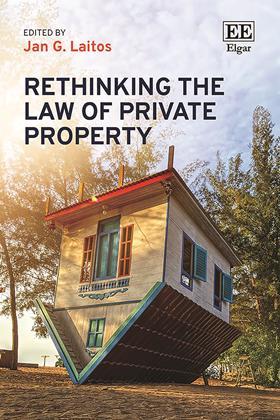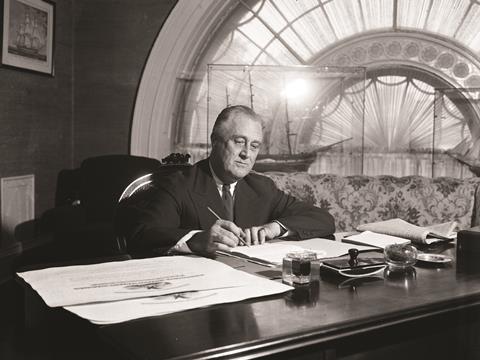Rethinking the Law of Private Property
Jan G Laitos
£120, Edward Elgar Publishing
★★★✩✩
In his Second Treatise on Civil Government, John Locke – philosophical godfather of the liberal society – argued ‘the reason why men enter into society is the preservation of their property’. One suspects many who describe themselves as capital ‘L’ ‘Liberal’ these days have a less exalted view of private property, but Locke’s views heavily influenced the development of individual rights, and protecting an individual’s private property became a state’s obligation.

This collection of essays focuses on the concept of property in the United States, arguing for new understandings and interpretations of property rights. The work’s core is a claim that property rights have been downgraded in US constitutional law to the point that they have minimal protection.
Before the 1930s, the Supreme Court regularly struck down government interference with property and economic rights – including major elements of the Roosevelt (pictured) administration’s Great Depression-busting reforms. This changed with the decision in United States v Carolene Products Company, which held that interference with commerce and economic actions would be constitutional provided it had a ‘rational basis’. As that level of scrutiny is a low one, it effectively required judicial deference to virtually all actions by federal or state governments that adversely affected property rights. In contrast, actions that affect individual rights, such as freedom of speech, require a ‘strict scrutiny’ approach, which is much harder to meet. Property rights have thus been relegated to a lower tier of rights.

After an opening in the philosophy and constitutional theories of private property, the remainder of the book looks into some of the areas where private law and public law interests come into conflict – particularly interesting are the essays on environmental protection and sanitation. One unspoken issue seems to be the level of protection for property rights, and whether a balance that favours the government is desirable in all cases.
The work is generally interesting, and the constitutional issues fascinated me. That said, it is a very theoretical work that does not offer much to the busy practitioner. In addition, the American-centric content makes it difficult to recommend to anyone other than those with a specialist interest.
James E Hurford is a solicitor at the Government Legal Department, London































No comments yet